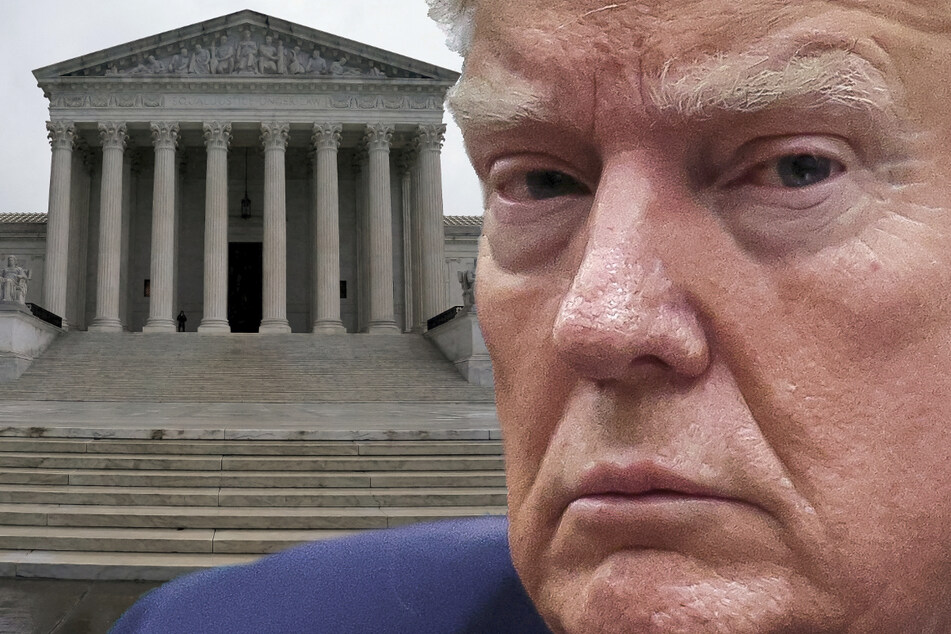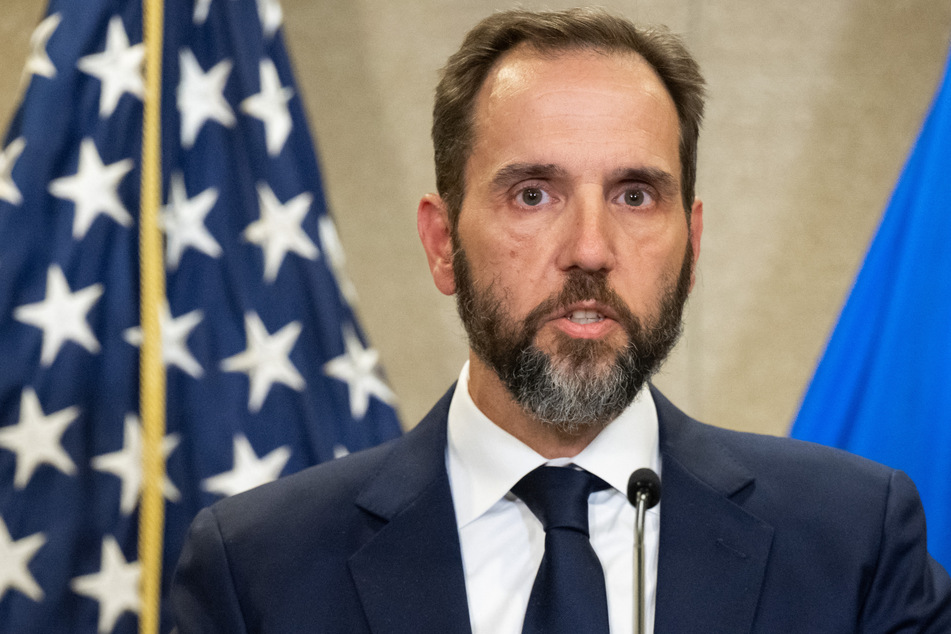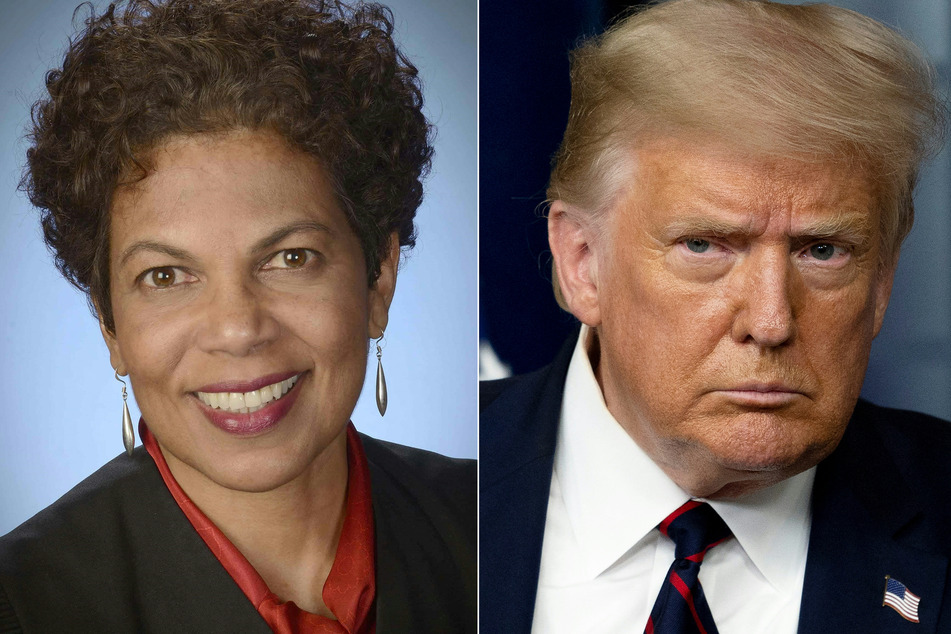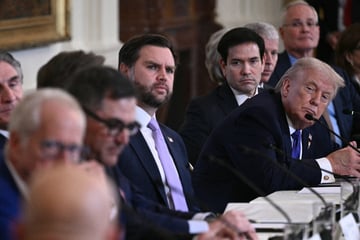Trump immunity question goes all the way to Supreme Court as prosecutors make "extraordinary request"
Washington DC - Federal prosecutors asked the US Supreme Court on Monday to quickly rule on whether former president Donald Trump has immunity from prosecution so his trial on charges of conspiring to overturn the 2020 election can go ahead as scheduled.

"This case presents a fundamental question at the heart of our democracy: whether a former President is absolutely immune from federal prosecution for crimes committed while in office," special counsel Jack Smith said in a filing to the nation's highest court.
Smith asked the Supreme Court, which has a 6-3 conservative majority, including three justices nominated by Trump, for an expedited ruling.
"The United States recognizes that this is an extraordinary request," the special counsel said. "This is an extraordinary case."
"It is of paramount public importance that respondent's claims of immunity be resolved as expeditiously as possible – and, if respondent is not immune, that he receive a fair and speedy trial on these charges," Smith said.
The Supreme Court almost immediately responded to the filing by ordering Trump's legal team to respond by December 20. While it doesn't mean the court will ultimately take up the case, the unusually speedy move is a strong hint.
Supreme Court asks to settle Trump immunity question once and for all

The former Republican president's historic trial is currently scheduled to begin in Washington on March 4, 2024.
Trump's lawyers have repeatedly sought to delay the trial until after the November 2024 election, including with a claim that the former president enjoys "absolute immunity" and cannot be prosecuted for actions he took while in the White House.
US District Judge Tanya Chutkan, who is to preside over the first ever criminal trial of a former president, rejected the immunity claim on December 1.
"Whatever immunities a sitting President may enjoy, the United States has only one Chief Executive at a time, and that position does not confer a lifelong 'get-out-of-jail-free' pass," Chutkan said.
"Defendant's four-year service as Commander in Chief did not bestow on him the divine right of kings to evade the criminal accountability that governs his fellow citizens," she added.
Lawyers for Trump, the current frontrunner for the 2024 Republican presidential nomination, have appealed Chutkan's ruling to a federal appeals court and have asked that all proceedings be halted until the court decides on the immunity claim.
Smith is effectively asking the Supreme Court to bypass the appeals court and take up the case itself on an emergency basis.
Trump decision "vital to our democracy"

In his filing, Smith said Chutkan had correctly ruled that "former Presidents are not above the law and are accountable for their violations of federal criminal law while in office."
"A cornerstone of our constitutional order is that no person is above the law," he said.
"The force of that principle is at its zenith where, as here, a grand jury has accused a former President of committing federal crimes to subvert the peaceful transfer of power to his lawfully elected successor," the special counsel said.
"Nothing could be more vital to our democracy than that a President who abuses the electoral system to remain in office is held accountable for criminal conduct."
Trump was indicted in August for seeking to upend the results of the November 2020 election won by Joe Biden in a concerted effort that led to the violent January 6, 2021 attack by his supporters on the US Capitol.
The former president is also accused of seeking to disenfranchise American voters with his repeated false claims he won the election.
Smith also asked the Supreme Court to decide whether Trump's federal prosecution violates constitutional protections against double jeopardy – being tried twice for the same crime.
Trump was impeached by the Democratic-majority House of Representatives for "incitement of insurrection" following the attack on the Capitol but was acquitted by the Senate.
Cover photo: Collage: REUTERS

